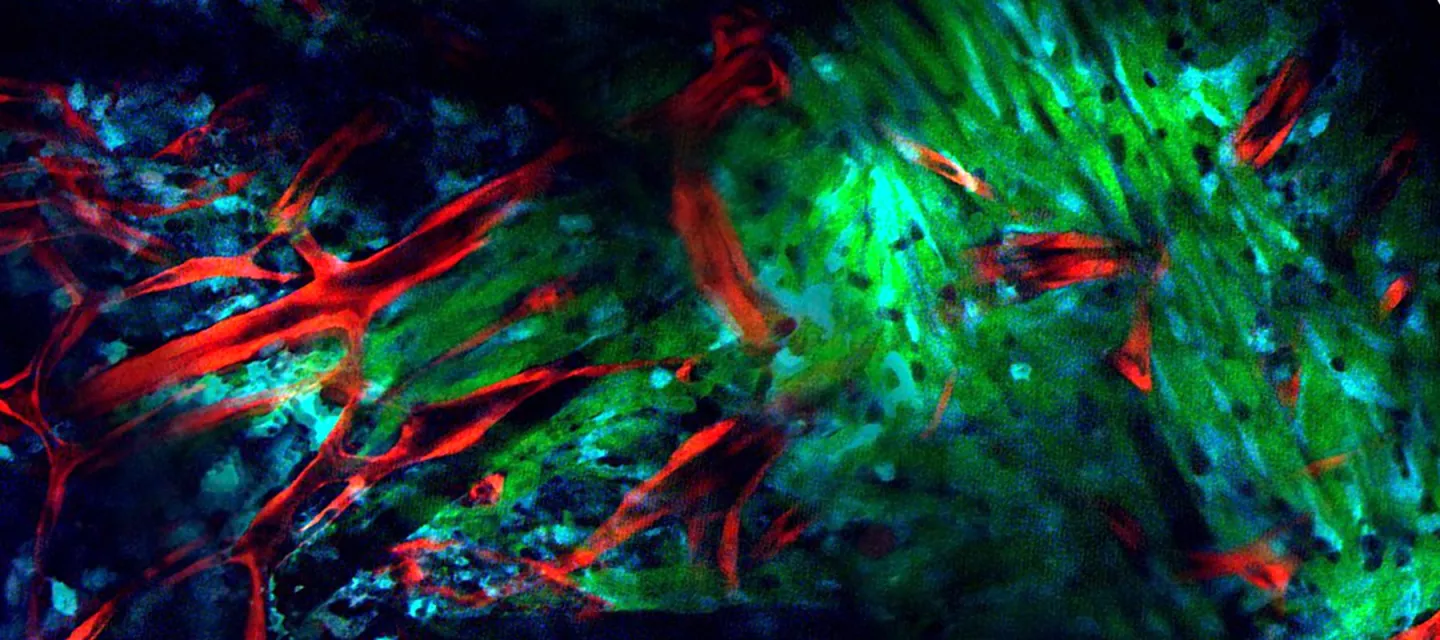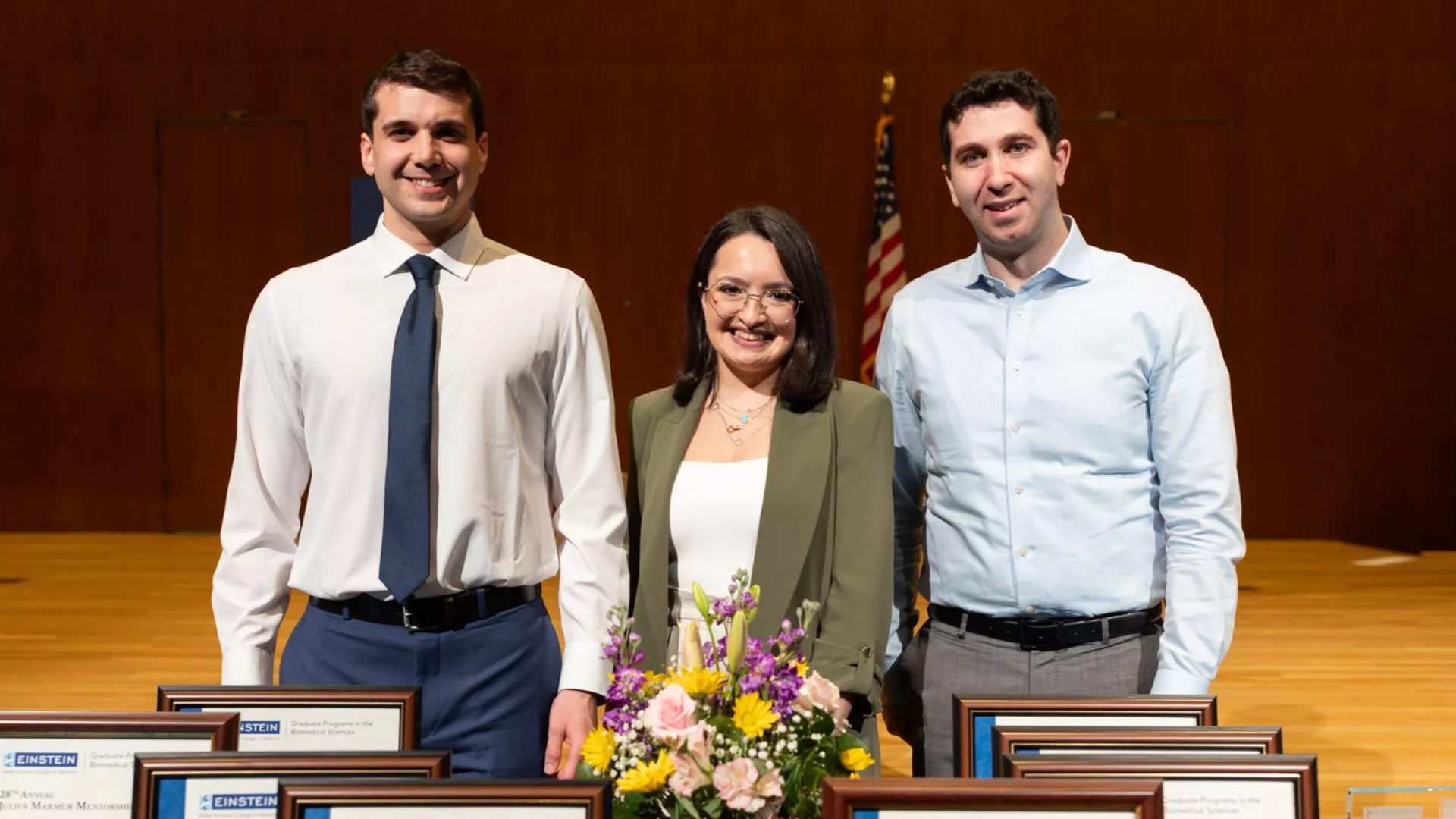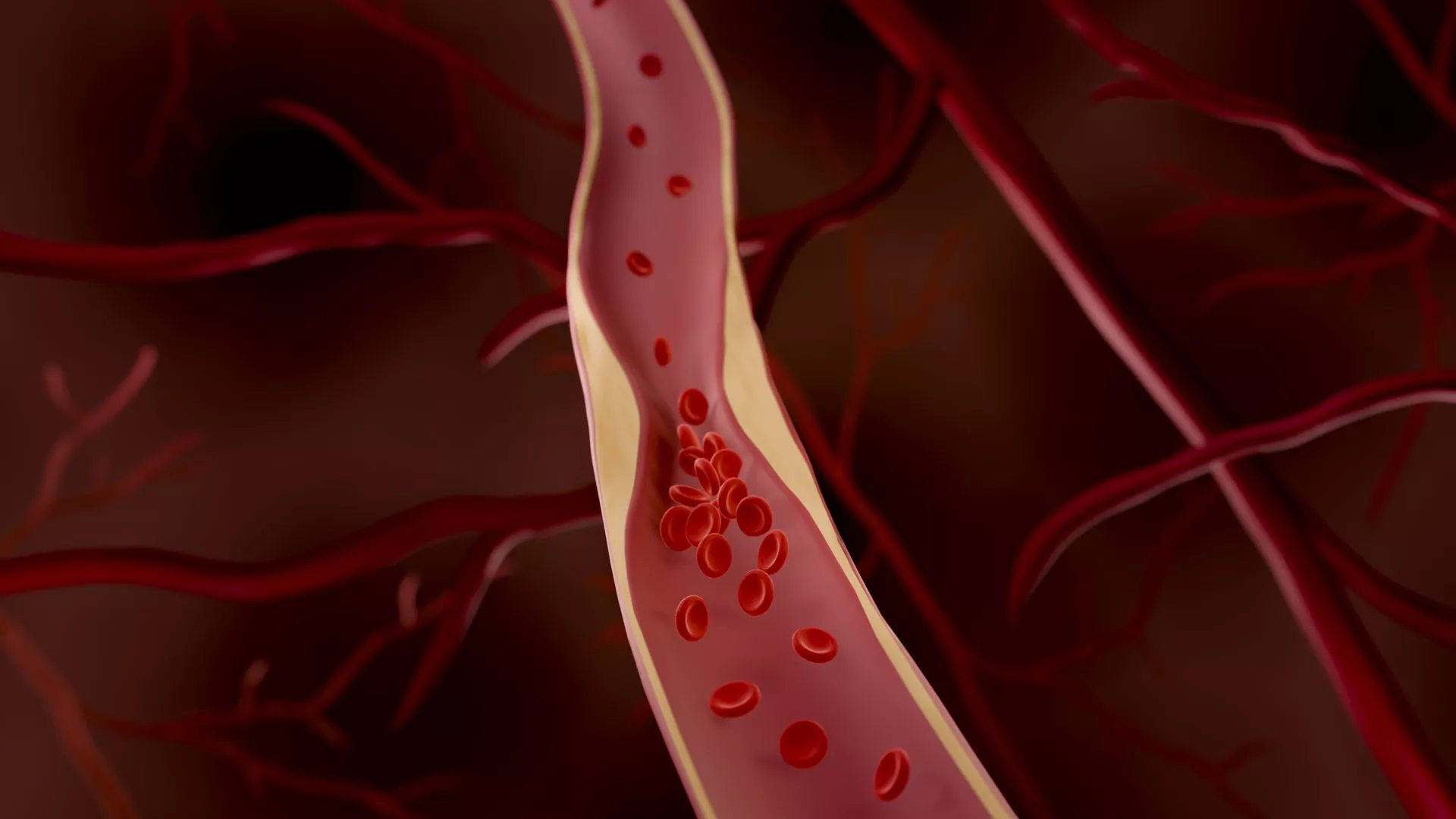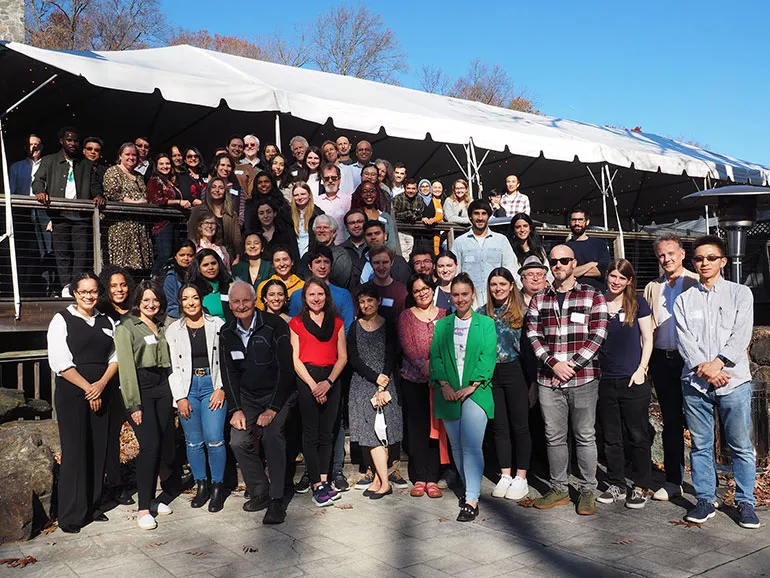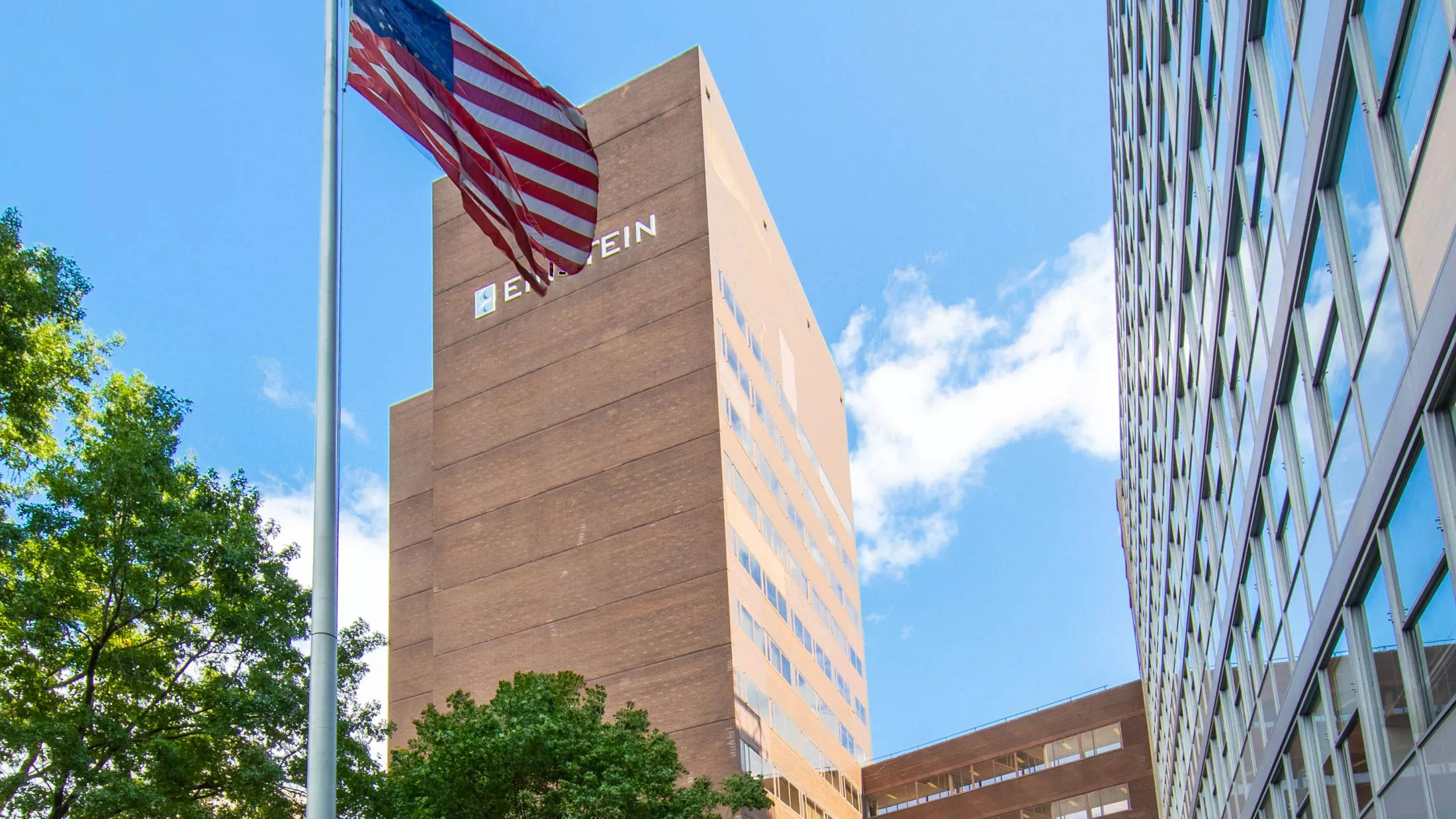Overview
The mission of the Department of Developmental and Molecular Biology (DMB) is to investigate the underlying cellular and molecular mechanisms of development, aging, regeneration, and disease. DMB currently boasts 22 research groups consisting of over 100 students, postdoctoral fellows, technicians, staff scientists, instructors and faculty members and bringing in over $12M in annual grant funding. Our variety of approaches and disciplines is one of our major strengths with ongoing research utilizing various model systems including human cells, mice, Drosophila, and zebrafish to explore scientific questions related to hematologic, neurologic, cardiovascular, renal, virologic, metabolic, oncologic, and age-related diseases. These scientific areas foster lively interactions and are the foundation on which DMB stands.
DMB has a rich history of long-lasting collaborations among the groups, which greatly enriches our academic environment. Our faculty hold cross appointments in basic and clinical departments and are members and leaders across numerous college-wide centers and institutes, including the Ruth L. and David S. Gottesman Institute for Stem Cell Research and Regenerative Medicine, the Nathan Shock Institute for Aging Research, Diabetes Center, Liver Center, Rose F. Kennedy Intellectual and Developmental Disabilities Research Center, Montefiore Einstein Comprehensive Cancer Center (MECCC) and affiliated Cancer Dormancy and Blood Cancer Institutes.
Since 1965, the department grew and flourished under the leadership of Drs. Jerard Hurwitz (1965-1984), E. Richard Stanley (1987-2010 and 2018-2024), Liang Zhu (2010-2018), and currently Teresa V. Bowman (2024-present). Dr. Hurwitz laid a strong foundation during his tenure, fostering growth and setting high academic standards. Dr. Stanley's leadership spanned two periods, contributing significantly to the department’s expansion and reputation. Dr. Zhu continued this momentum, emphasizing interdisciplinary collaboration and advancing the department’s standing within the College and in the academic community as a whole. Together, they transformed the department into a thriving, dynamic institution. Dr. Teresa V. Bowman, the current chair, continues to elevate, connect, and empower the trainees, staff, and faculty within the department to propel cutting edge research and educational innovation.
The departmental activities include weekly work-in-progress seminars in which all graduate students, post-doctoral fellows, and faculty participate, weekly faculty “chalk talks”, where ongoing research programs and grant proposals are discussed, quarterly trainee-initiated DreaMBig sessions focused on expanding scientific perspectives and fostering trainee career growth, as well as biennial retreats. DMB also hosts a vibrant bi-monthly external faculty seminar series to enhance scientific exposure and networking for our faculty and trainees.

Teresa V. Bowman, Ph.D.
Chair
Recent Publications
Testosterone therapy as a novel approach to the management of cytopenias in myelodysplastic neoplasms: a review of literature and case report
Extramacrochaetae regulates Notch signaling in the Drosophila eye through non-apoptotic caspase activity
VISTA Emerges as a Promising Target against Immune Evasion Mechanisms in Medulloblastoma
The Id protein Extramacrochaetae restrains the E protein Daughterless to regulate Notch, Rap1, and Sevenless within the R7 equivalence group of the Drosophila eye
Atypical hemolytic uremic syndrome during induction chemotherapy in neuroblastoma, a rare phenomenon or common congenital predisposition?
Calorie restriction and calorie-restriction mimetics activate chaperone-mediated autophagy
Long-term impact of immediate versus deferred antiretroviral therapy on kidney health in people with HIV
Contact Us
Albert Einstein College of Medicine
Jack and Pearl Resnick Campus
1300 Morris Park Avenue
Chanin Building 507
Bronx, NY 10461

